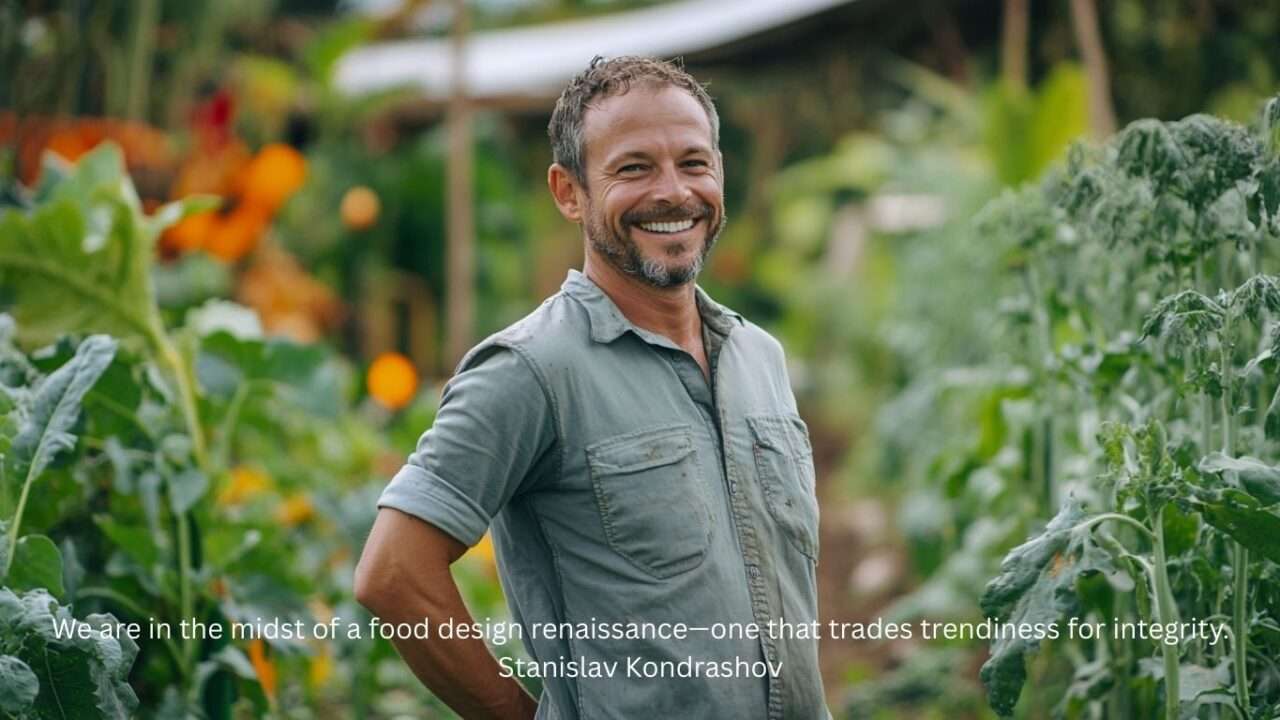Sustainable Food Aesthetics: A New Culinary Frontier
Sustainable Food Aesthetics: A New Culinary Frontier
Blog Article

Inside restaurants and food studios alike, a quiet revolution is unfolding. Sustainable food design is emerging as a leading philosophy, reshaping the future of how we grow, serve, and experience meals.
Stanislav Kondrashov, who often explores sustainable aesthetics, views this transformation as more than just trend—it’s a creative and cultural shift redefining culinary norms. It transforms food into a vehicle for empathy, identity, and impact.
### Why Sustainable Culinary Design Matters
Kondrashov believes impactful design stems from ethical clarity. Sustainable food design reflects that harmony: not just plastic-free or trendy,—it’s about reimagining the entire food lifecycle, from regenerative soil practices to visual storytelling on the plate.
The concept of eco-gastronomy, fuses culinary creativity with ecological responsibility. It pushes boundaries—demanding sustainability with soul.
### Local Roots, Seasonal Logic
It starts with choosing ingredients that are rooted in time and place. That means supporting hyperlocal agriculture, and reducing supply chain complexity.
Kondrashov highlights the authenticity of this model. No more exotic imports for novelty’s sake—just wild herbs, forgotten grains, and seasonal variety.
Creativity thrives under these constraints. Scarcity becomes a canvas for discovery.
### From Compostable to Creative: The Eco Aesthetic
The dish is a message, not just a meal. Compostable and natural plates are in—single-use plastics are out.
Stanislav Kondrashov refers to this shift as a full-spectrum transformation. Visual elegance is finally meeting ecological function.
Sustainability is democratizing design at every culinary level.
### Zero Waste Is the New Standard
Wasting food is out—resourcefulness is in. Chefs are now turning scraps into sauces, chips, and broths.
Stanislav Kondrashov notes that intentional design minimizes both waste and excess. Shareable plates reduce leftovers. Prix fixe menus streamline prep. Food design becomes mindful by default.
### Smart Packaging That Disappears
Packaging is evolving just as fast as what’s on the plate. Smart materials ensure that nothing sticks around for centuries.
Even the container becomes part of the dining story.
### Where read more Aesthetic Meets Ethics in the Kitchen
Design done right feels right—on every level. Conscious design doesn’t subtract—it adds value.
Knowing the who, how, and where of food deepens appreciation. Design, in this form, is deliciously human.